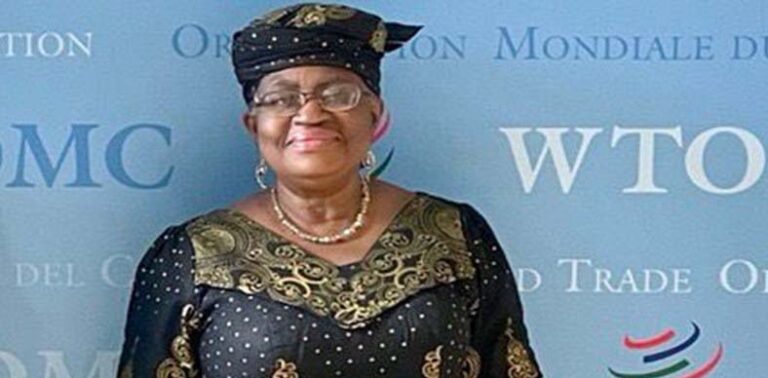Pricing the future: Nigeria’s fuel price conundrum
The recent increase in fuel prices by the Nigerian National Petroleum Corporation Limited (NNPCL) has sparked concerns about the implications for the economy and the livelihoods of Nigerians. With fuel prices rising from N897 to N1,030 in Abuja and N885 to N998 in Lagos, many are worried about the impact on their daily lives.
The removal of fuel subsidies, which previously absorbed N133 per litre, marks a significant turning point in Nigeria’s economic landscape. By redirecting these substantial funds toward critical sectors such as infrastructure development, education, and healthcare, the government hopes to address the nation’s chronic underinvestment in key areas that directly impact the quality of life for its citizens. This policy shift signals a move towards a fully deregulated oil market, which is intended to promote greater market efficiency by allowing fuel prices to be determined by market forces rather than government intervention. In doing so, it seeks to encourage private sector participation, spurring competition that could lead to innovation, job creation, and ultimately, a more dynamic economy. Additionally, deregulation is expected to help reduce corruption in the fuel sector, where subsidies have historically been exploited by corrupt officials and businesses.
Read also: Fuel price: Atiku slams Tinubu over hardship
However, while the long-term goals are promising, the immediate impact on inflation cannot be ignored. With fuel prices now fully exposed to global market fluctuations, the cost of transportation, goods, and services is likely to rise, placing further pressure on an already struggling economy. Inflation is already a significant concern in Nigeria, where many citizens grapple with high living costs and stagnant wages. For the average Nigerian, this policy could mean higher prices at the pump and in the marketplace, which may disproportionately affect lower-income households. The challenge, therefore, lies in how the government manages the transition and mitigates the inflationary pressures, ensuring that the benefits of redirecting subsidy funds are felt by all segments of society. Without thoughtful intervention, this bold economic move could inadvertently worsen poverty and inequality, making it crucial for the government to pair subsidy removal with targeted social welfare programs to cushion its immediate impact.
The fuel price hike disproportionately affects lower-income households, who spend a larger portion of their income on fuel and transportation. The government’s failure to implement social safety nets to mitigate the effects of subsidy removal has left many vulnerable citizens struggling to make ends meet.
The increased fuel prices have also put additional strain on public infrastructure, such as transportation systems, leading to longer waiting times and decreased productivity.
The deregulation of the oil market may lead to increased credit risks for marketers and retailers, as they negotiate prices directly with the Dangote Refinery under a “willing buyer, willing seller” arrangement. This shift may expose them to price volatility and potential defaults.
To mitigate the negative impacts of fuel subsidy removal, the government should implement targeted social safety nets, promote alternative energy sources, and enhance public transportation systems. Transparency and accountability in the oil sector are crucial to ensuring that the benefits of deregulation are fairly distributed.
Ultimately, the success of Nigeria’s deregulation policy hinges on the government’s ability to effectively balance its ambitious economic reforms with robust social welfare considerations. While the removal of fuel subsidies is a necessary step toward creating a more efficient and transparent oil market, the government must ensure that the resulting economic shifts do not disproportionately burden vulnerable citizens, particularly those in lower-income brackets. Prioritising targeted social safety nets, such as cash transfers, subsidies for essential goods, or public transportation support, could help ease the financial strain on these communities during the transition.
Read also: Dangote refutes fuel price concerns, says refinery’s petrol sold below import cost
In addition to safeguarding the well-being of its most vulnerable citizens, the government must actively foster a competitive market environment that encourages investment and innovation. This can be achieved by creating a stable regulatory framework that incentivises private sector participation and by ensuring that the benefits of deregulation, such as improved infrastructure, better healthcare, and enhanced education systems, are tangible and widely felt across the country. Furthermore, transparent governance and accountability will be critical in preventing the misallocation of the redirected funds, ensuring they are used to drive meaningful development in sectors that have long suffered from neglect.
For Nigeria to successfully navigate this critical transition, it will require not only sound economic planning but also strong leadership and a commitment to equity and fairness. By fostering a competitive, well-regulated market while implementing measures that protect the social and economic rights of all citizens, the country can move toward a more sustainable and prosperous economic future. This delicate balance of reform and social responsibility could ultimately position Nigeria as a model for other developing economies seeking to modernise without leaving their most vulnerable populations behind.
Joshua Bamidele (MNITP, ACIB), Lagos, Nigeria.








